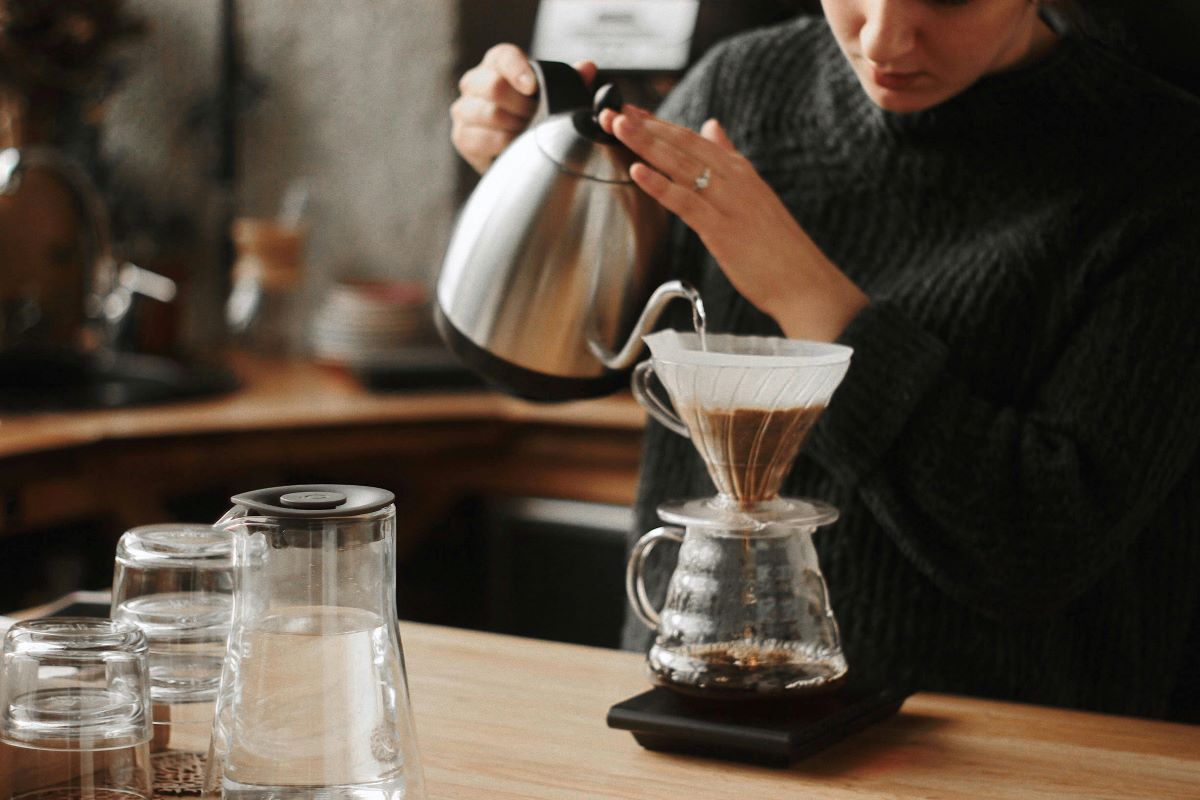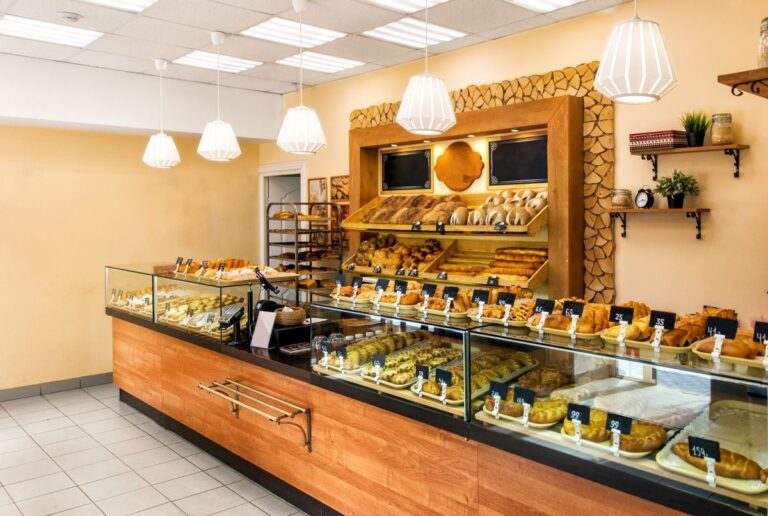Perfectly Brewed Coffee at Home – For Those Days That Test Your Patience
Brewing the perfect cup of coffee at home can be an art and a science. With the right techniques and tools, you can enjoy a delicious cup every time. Here are 12 tips to help you master the art of home coffee brewing.
1. Choose High-Quality Beans

Start with fresh, high-quality coffee beans. Look for beans that are roasted within the past two weeks for the best flavor. Specialty coffee shops often provide the freshest options.
2. Store Your Beans Properly

Store your coffee beans in an airtight container in a cool, dark place. Avoid keeping them in the fridge or freezer as moisture can affect their flavor. A vacuum-sealed container is ideal.
3. Use the Right Grind Size

The grind size of your coffee beans should match your brewing method. Coarse grinds are best for French press, medium for drip coffee makers, and fine for espresso. Using the wrong grind size can result in poor extraction and flavor.
4. Measure Your Coffee

Use a kitchen scale to measure your coffee accurately. A general rule is to use a 1:15 coffee-to-water ratio, which means 1 gram of coffee for every 15 grams of water. This ensures a balanced and consistent brew.
5. Use Filtered Water

Water quality significantly affects the taste of your coffee. Use filtered water to remove impurities that can alter the flavor. Avoid using distilled water as it lacks minerals that enhance the coffee’s taste.
6. Control the Water Temperature

The ideal water temperature for brewing coffee is between 195°F and 205°F (90°C to 96°C). Water that’s too hot can over-extract and make the coffee bitter, while too cold can under-extract and make it weak. Use a thermometer or a kettle with temperature control.
7. Pre-Wet Your Coffee Grounds

Pre-wet, or bloom, your coffee grounds by pouring a small amount of hot water over them and letting it sit for about 30 seconds. This releases carbon dioxide and allows for better extraction. It’s especially important for fresh coffee beans.
8. Use the Right Brewing Method

Choose a brewing method that suits your taste and lifestyle. Methods like French press, pour-over, and AeroPress offer more control over the brewing process, while drip coffee makers are convenient for larger quantities.
9. Pay Attention to Brew Time

The brewing time varies depending on the method. For example, French press typically requires 4 minutes, while espresso takes about 25-30 seconds. Over-brewing or under-brewing can negatively impact the flavor.
10. Stir Your Coffee

Stir your coffee grounds during brewing to ensure even extraction. This helps distribute the coffee evenly in the water, enhancing the flavor. Be gentle to avoid agitation, which can make the coffee bitter.
11. Clean Your Equipment

Regularly clean your coffee equipment to prevent old coffee oils and residues from affecting the flavor. Use a mixture of water and mild detergent, and thoroughly rinse everything to remove any soap residue. Descale your coffee maker periodically to remove mineral build-up.
12. Experiment and Adjust

Don’t be afraid to experiment with different beans, grind sizes, and brewing methods. Adjust variables like coffee-to-water ratio and brew time to find your perfect cup. Tasting your coffee and noting what you like or dislike can help you refine your technique.
Ready to Brew?

With these tips, you can make a delicious cup of coffee at home that rivals your favorite café. What new coffee-making technique will you try first?
Toxic Talk: 21 Phrases to Never Say to Your Kids

Are you worried about the impact of your words on your child’s well-being? Let’s tackle 21 phrases that might be causing more harm than you realize. Toxic Talk: 21 Phrases to Never Say to Your Kids
Breaking Ties: Recognizing When It’s Time to Go No-Contact with Parents

Deciding to go no-contact with a parent is a profound, often painful choice, but sometimes it’s necessary for personal well-being. Are you grappling with the decision to distance yourself from a toxic parental relationship? Breaking Ties: Recognizing When It’s Time to Go No-Contact with Parents
Stop the Stereotypes: 20 Gender-Based Comments Kids Don’t Need

It’s time to challenge traditional narratives that limit kids’ potential. Here are gender-specific phrases and ideas to avoid, fostering a supportive and open-minded environment for the next generation. Stop the Stereotypes: 20 Gender-Based Comments Kids Don’t Need
Reasons Your Adult Children May Be Pulling Away

Are you wondering why your grown-up kids seem to keep their distance? It might be a good time to look back and consider if some old parenting habits are to blame. Reasons Your Adult Children May Be Pulling Away
Want Happy Kids? Try These 15 Parenting Strategies

Parenting is both a privilege and a responsibility. Here are 15 research-backed strategies to help you raise happy children. Want Happy Kids? Try These 15 Parenting Strategies
The post How to Brew the Perfect Family-Friendly Cup of Coffee first appeared on Peachy Fours.
Featured Image Credit: Pexel / Maksim Goncharenok.
For transparency, this content was partly developed with AI assistance and carefully curated by an experienced editor to be informative and ensure accuracy.







